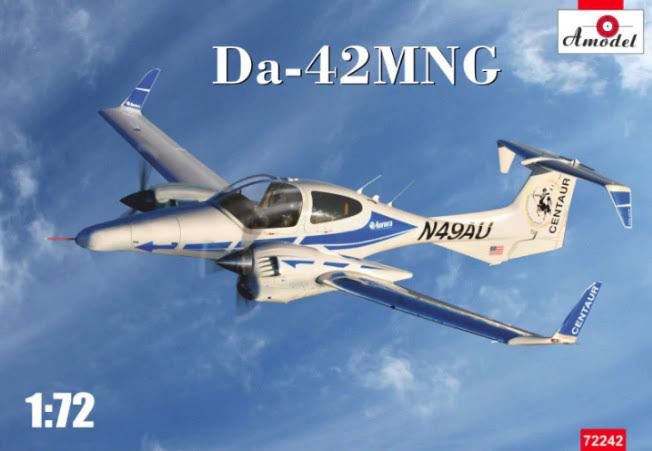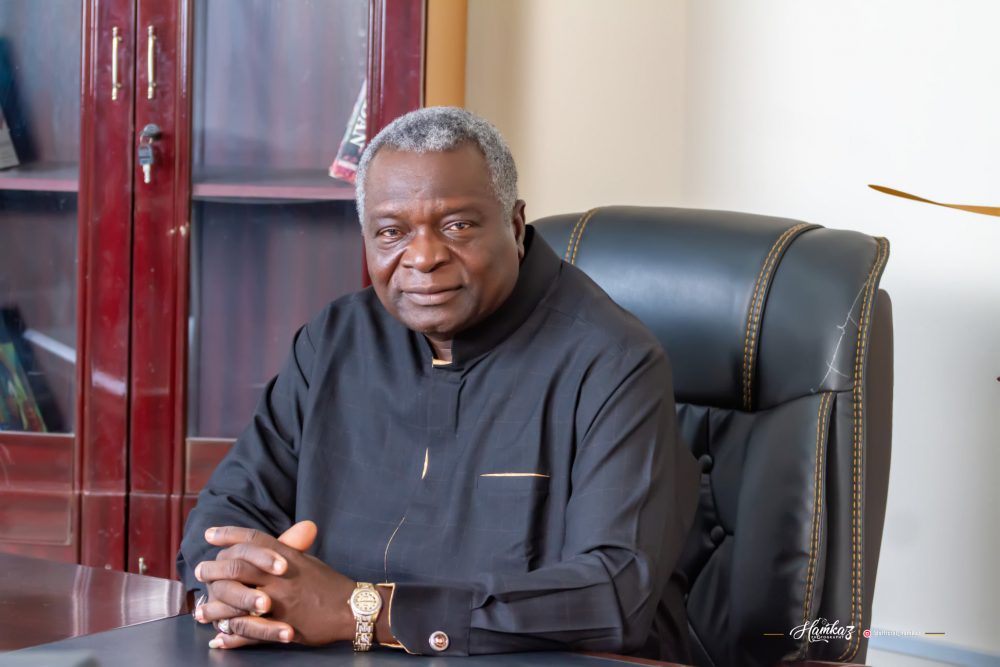
In a time marked by escalating security challenges, enhancing surveillance capabilities is undeniably crucial for ensuring the safety and well-being of citizens. However, the recent decision by the Oyo State government to allocate a staggering ₦7 billion for the acquisition of aircraft raises significant concerns about responsibility and priorities in governance.
This move strikes many as not only excessive but also disconnected from the pressing needs of the community. In an era where technological advancements have ushered in the widespread use of Unmanned Aerial Vehicles (UAVs)—more commonly known as drones—it is perplexing that a substantial financial commitment to traditional aircraft would be pursued. Drones have evolved to become highly effective tools for intelligence, surveillance, and reconnaissance (ISR) operations. They can be equipped with state-of-the-art technology, including high-resolution cameras, night vision, and real-time data transmission capabilities. These advantages provide similar, if not superior, results to those offered by manned aircraft, all while costing only a fraction of the initial investment.
By opting for drone technology, the state could have potentially saved up to 80% of the ₦7 billion earmarked for aircraft, allowing for those funds to be redirected towards more urgent public needs. The diversion of these resources could significantly enhance sectors like healthcare, education, youth employment, and rural infrastructure—areas that directly impact the day-to-day lives of the citizens.
This situation is not merely an example of mismanaged priorities; it is an alarming reflection of a broader disconnect between governance and the voices of ordinary people. When decisions that carry such profound financial implications are made without meaningful consultation or consideration of community needs, the resulting policies tend to reflect a top-down approach to leadership, which often neglects the principles of responsible governance.
Apero Mekunu stands firmly for the principles of accountable governance and people-first leadership. The decision to invest in costly aircraft over effective and economical drone technology marks a clear deviation from these values. Policymakers should prioritize listening to the electorate and responding to their needs with foresight and compassion.
In conclusion, as we push for a more effective and responsive government in Oyo State, it is essential to advocate for decisions that promote transparency, efficiency, and alignment with the pressing demands of the populace. The substantial allocation of funds towards aircraft acquisition must be scrutinized and reconsidered in favor of smarter, more responsible alternatives that ensure the trust and support of the community are upheld.







